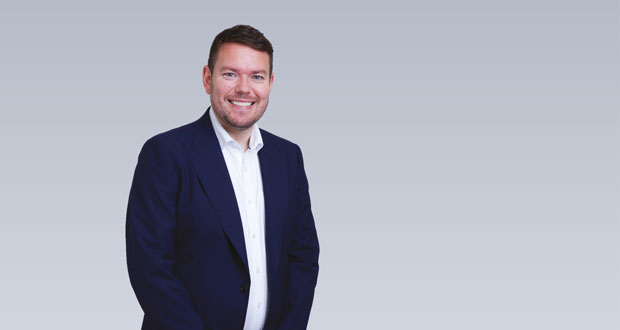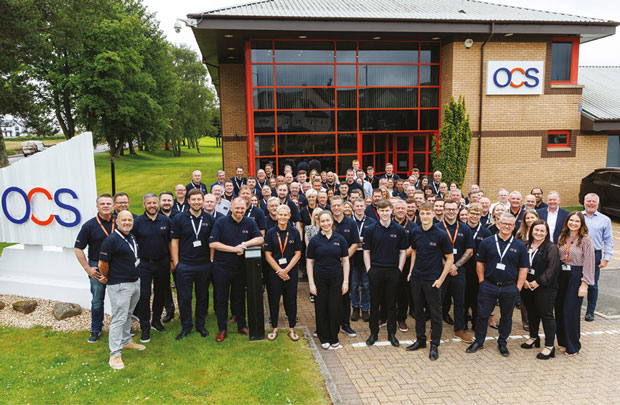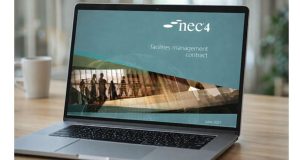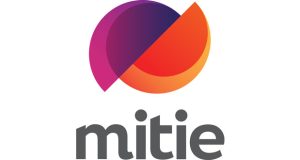Daniel Dickson, CEO UK & Ireland at OCS, on what the rebranding of FES FM and FES Support Services under the OCS name means for the business, colleagues, and customers
Global M&A (mergers & acquisitions) activity is in decline, yet despite that, the UK FM sector continues to buck the downward trend. According to a report by Grant Thornton, there was a total of 181 FM-related deals in 2024, up 34 per cent on 2021, and five per cent on 2023. The reasons for this, according to the experts from Deloitte, are that service providers want to acquire businesses with specialised expertise in areas such as energy management, that also have strong ESG credentials, with sustainable practices and transparent reporting.
One major acquisition at the end of last year was that of FES FM and FES Support Services by OCS, which doubled the size of OCS’ Hard Services division, and created a combined entity with over 4,000 engineers, and annual revenues exceeding £600 million. Stirling-based FES FM and FES Support Services, which was formally rebranded under the OCS name on 1st July, has an extensive hard services pedigree, and a national presence in energy and decarbonisation projects.
Daniel Dickson, CEO of OCS UK & Ireland, explains: “We were keen to grow our hard services business, and felt that if we could replicate all the fantastic work they had in Scotland across the rest of the UK, we would have a very, very strong business.
“We also knew that FES was a very well-run business, with a very good reputation. Also, there was a lot of cultural alignment, and that’s something we look at when we’re considering an acquisition.”
Dickson knows of what he speaks, as he has a background in M&A. He joined cleaning provider Servest as Group Mergers & Acquisitions Manager in 2012, with the remit of bringing in other service lines. Following a spate of acquisitions, including security, catering, pest control, energy, and hard services, Servest morphed into an FM business.
An in-depth knowledge of M&A is useful, says Dickson, when making decisions on whether to carry out a rebrand, and in striking the right balance to keep the hearts and minds of the people within the business you’ve acquired. As OCS UK & Ireland CEO, Dickson has seen through two major integrations – Atalian Group’s acquisition of Servest in 2018, and Atalian Servest’s merger with OCS in 2023.
“Taking the experiences from both those big deals, as well as the integration of all the acquisitions we’ve done over the last 15 years,” says Dickson, “when it came to acquiring FES, we had a lot of learnings. We’ve got a good blueprint, and while every integration has its differences, you learn from experience.”
OCS BRAND VALUES
The FES acquisition was part of OCS’ intent to double its revenue in the next five years. Announcing the vision and strategy at the beginning of last year, OCS unveiled its new brand values, which are: “To deliver the best experiences, productivity, practices, resilience, and outcomes for customers, colleagues, and communities.”
Declaring your organisation has key values is nothing new, but what is important is instilling this into the brand, argues Dickson: “We’ve spent a lot of time over the last 12 to 18 months, embedding those values deeply into the business, so that when we’re making decisions, and within our senior team and board meetings, we always refer to them rather than just having posters on the wall.”
These values have been embedded into the company’s reward and recognition scheme. Colleagues who can demonstrate they’re living the values may, for instance, receive a ‘star of the month’ award. The pillars are also embedded into the appraisal process, with staff being asked to demonstrate how they’re living by these values in the work they do.
MEETING CHALLENGES
One of the first challenges for the acquisition was that it took place just before Christmas 2024, when colleagues and customers were about to go off for two weeks. Once January came, the greatest task, recalls Dickson, was in integrating the IT system, which is often an issue with mergers, when organisations are bringing together a disparate range of IT systems across combined businesses.
“If you could click your fingers, and we’re all on the same systems on day one, it would be so much easier,” he says, “and this extends to something as everyday as Teams. However, we’ve now completed the full Microsoft integration, which was an important milestone.
“A frequent M&A challenge is often around cultural alignment, but because of how aligned we already were, that’s been a lot more straightforward. FES was very open to integration. They wanted to be part of OCS and could see the benefits of what it could mean for them. That made it a lot easier, because if you’re trying to integrate businesses, and people are putting up barriers and walls, then it really becomes hard.”






